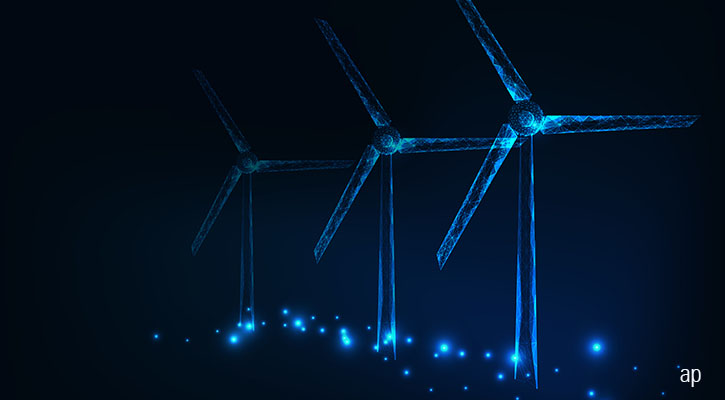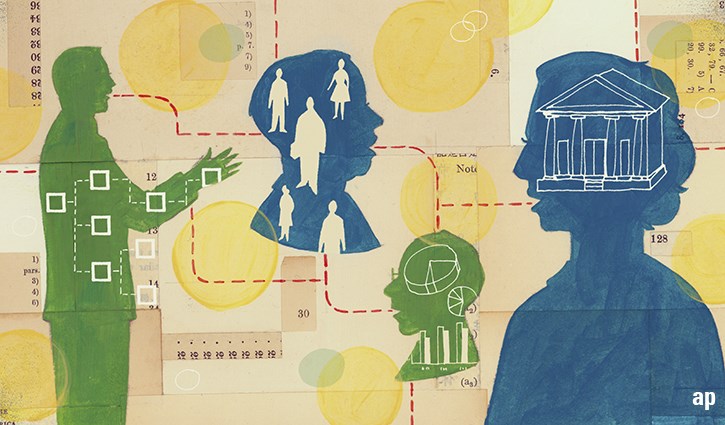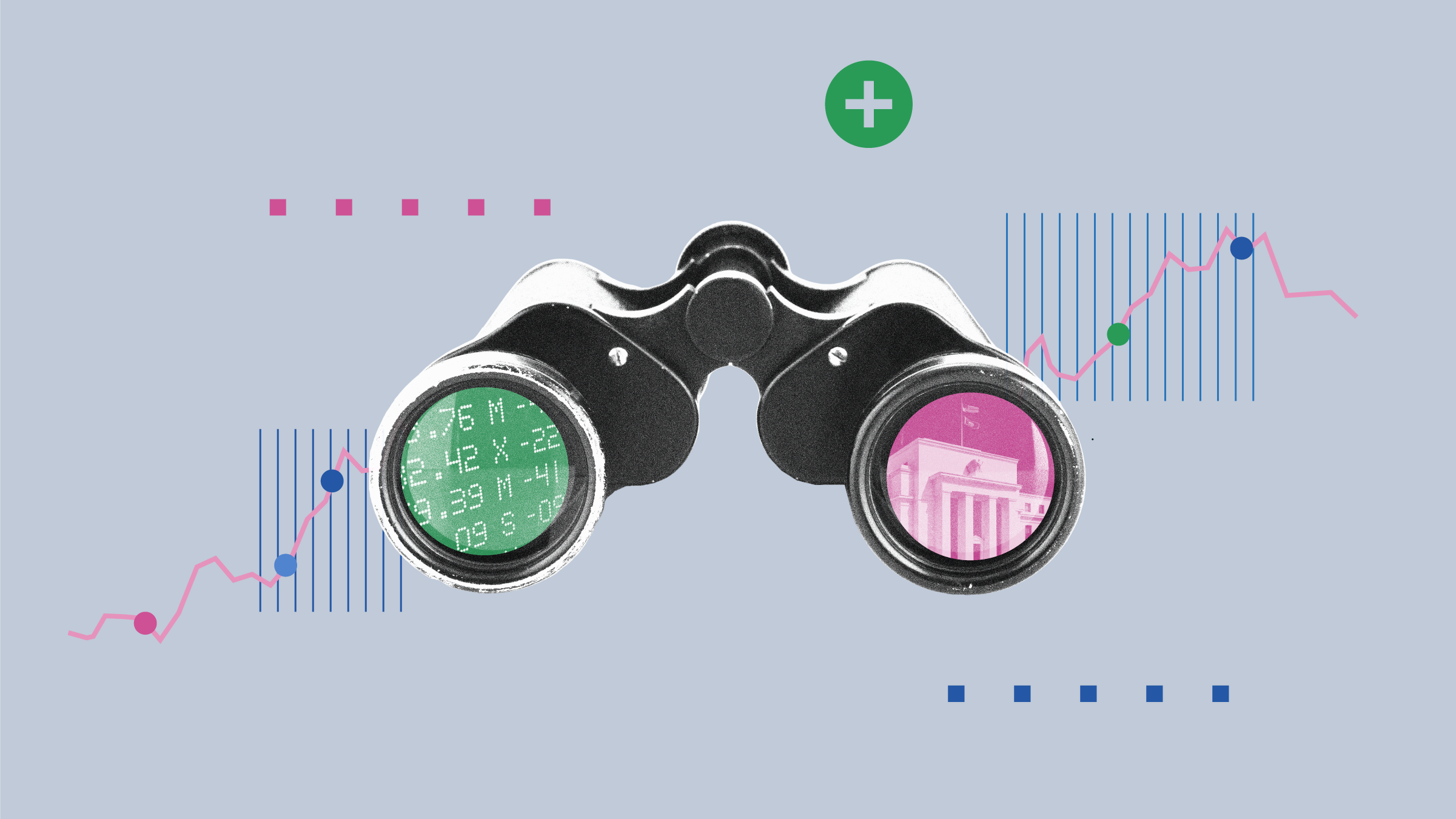Holly Black: Welcome to Morningstar. I'm Holly Black. With me is Simon Clements. He is Manager of the Liontrust Sustainable Future Global Growth Fund. Hello.
Simon Clements: Good morning. How are you?
Black: I'm good. Do you want to start by telling us briefly what the fund does?
Clements: Yeah. So, the fund has been running nearly 20 years now and it really invests in companies that we feel benefit from this transition that we see to the global economy becoming more sustainable over time. And it really invests around three areas in which the economy becomes more sustainable over time and that's trends that make the world cleaner and more efficient, also trends that make the world healthier and improve quality of life and lastly, themes that provide a safer and more resilient global economy in the future.
Black: So, I know you've not been running the fund for 20 years but has accessing those themes become easier in recent years because we are all sort of moving that way anyway?
Clements: Yeah, I mean, the themes or the trends that we've invested behind – I mean, I've been running the fund – it was actually my 10-year anniversary on the fund in November. But yeah, even over that time, we've seen a real acceleration in a lot of the areas of the economy that we invest behind. And we do expect that to happen. We feel over time that you can observe that the global economy does become more sustainable. But it's clear recently in the last kind of three to five years, there's been an acceleration in both the underlying trends that we've identified but also interest in the product which everybody is kind of very aware of, both of which make it – bring challenges, but also huge opportunities for long-term sustainable investors like ourselves.
Black: So, what are some of the most exciting areas for you at the moment?
Clements: Yeah. I mean, we think – we see plenty of areas whereby there is real acceleration across our process. And again, we have 21 investment themes and a bit like your children you don't want to have favorites. They're all important. We invest behind them all. And the beauty of the process is that we have these so many different areas that we can really – we can identify opportunities. But some examples of areas where we're really excited are clearly the transition to a low-carbon economy, one that's really important now, something that we need act quickly, as an economy we need to kind of halve the amount of carbon that we produce in the next 10 years and then halve it again and then halve it again and that's really the only solution out there.
So, to do that, there's huge opportunities in terms of the technologies that are coming through and you see that across things like energy efficiency and even renewable energy has really hit a kind of point now where it's actually the most cost effective form of energy as well as obviously been great for the planet. Moving across the things like transport, mass adoption of electric vehicles and hybrid electric vehicles really is at a tipping point, and I'm sure everybody can kind of see that, you see more on the road and you see more charging points. But that kind of relationship between consumer preferences, the infrastructure that's needed is at a really exciting point. We see exciting opportunities there, both in terms of the vehicles and the infrastructure that goes around it.
Black: And you've been running the fund 10 years. Are there any areas where the development of the sustainable solutions has actually been slower than you'd expected?
Clements: Well, I mean, I think the biggest challenge we face, which is one that I've mentioned, which is the transition to a kind of low carbon economy, we do feel that we've probably been slower than we should have been as a global economy, and there's been lots of parts of the world that the transition and the realization and the acceptance that this is what we have to do has been slower, and that's been frustrating. But we are now seeing wider acceptance. We've seen the Chinese and even the US now coming into play, which we think is really important. So, we think the response to the climate crisis has been probably slower than we'd like. And we're really – that's the biggest challenge we think we face as an economy and as people in the next coming decades.
Black: Simon, thank you so much for your time. For Morningstar, I'm Holly Black.



























